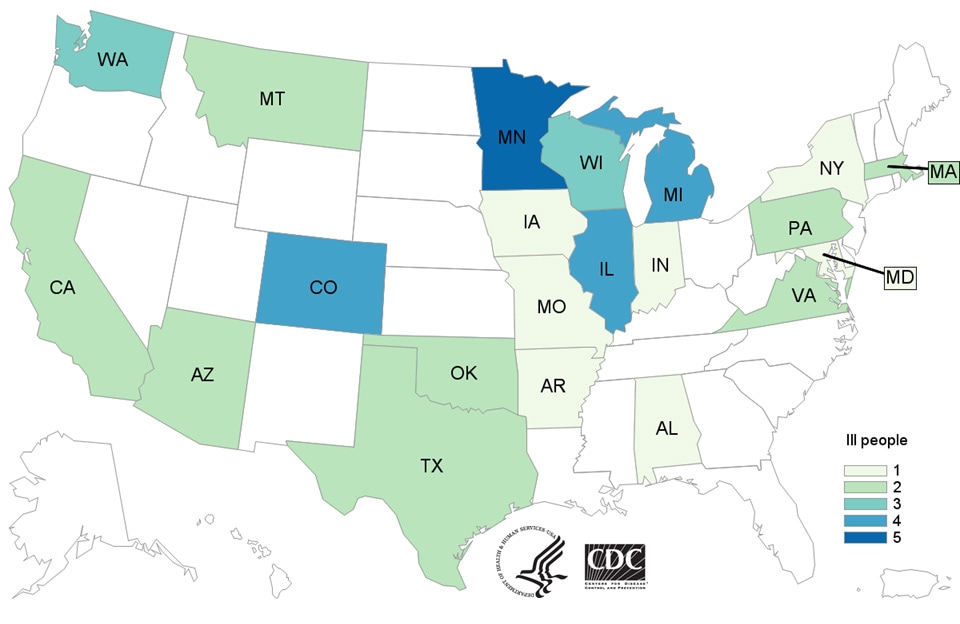Video: USEPA, Standard YouTube License, Fair Use
The fuel savings amount to over 2 billion barrels of oil, equivalent to about $170 billion. In addition, the net benefit to society is estimated to be $230 billion, a benefit-to-cost ratio of nearly 8:1.
“The actions we take
today on climate change will help lessen the impacts on future generations,”
said EPA Administrator Gina McCarthy. “This next phase of standards for heavy-
and medium-duty vehicles will significantly reduce greenhouse gas emissions while
driving innovation, and will ensure that the United States continues to lead
the world in developing fuel-efficient technologies through the next decade and
beyond.”
“Today’s
ambitious but achievable announcement is a huge win for the American people, giving
us cleaner air, more money saved at the pump, and real benefits for consumers
across the supply chain,” said Transportation Secretary Anthony Foxx. “Today’s
action preserves flexibility for manufacturers to deliver on these objectives
through a range of innovations and technology pathways.”
For more information, click on the video above or the following link: EPA & DOT medium- and Heavy-Duty vehicle Standards
